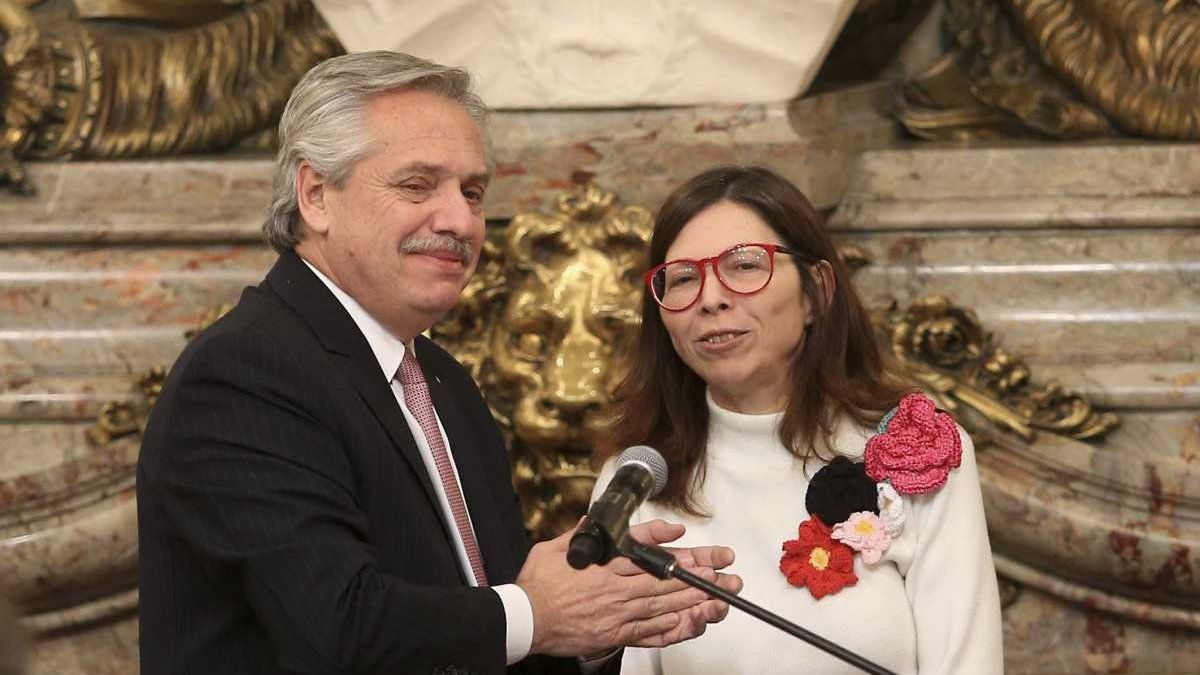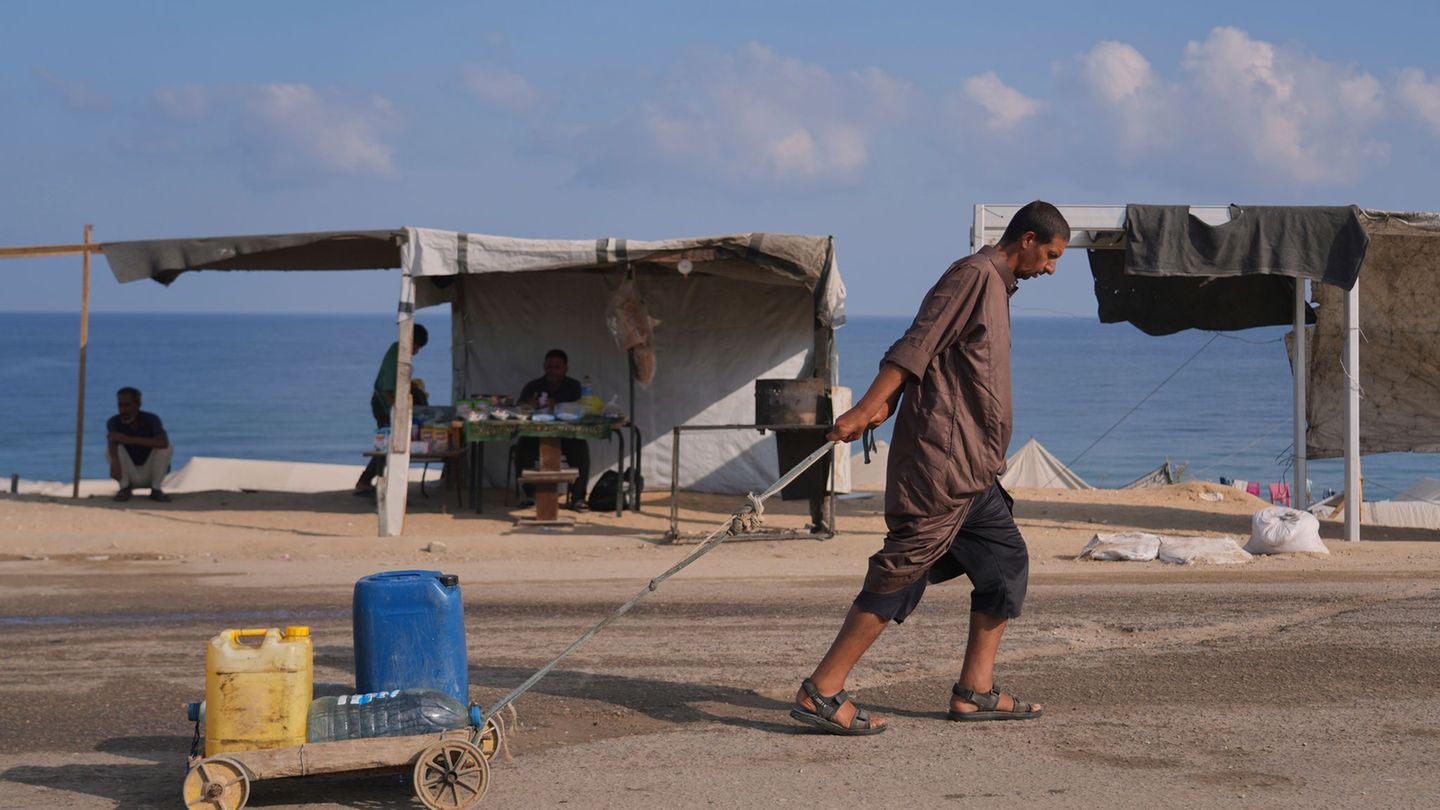In July 2021, the primary loss of the SPN had been $98,579 million, while last month it was $75,947 million. If compared to June, the collapse was 77% nominal ($337,234 million). Last month there was a real drop in primary spending of 5.3% after 9 months of consecutive growth, combined with a real revenue increase of 6.9%, according to estimates from the Argentine Institute of Fiscal Analysis (IARAF), directed by the economist Nadin Argañaraz.
The IARAF points out that since there was a real increase in interest of 17.5%, reaching 0.17% of GDP, the financial result for July was a deficit of $131,663. According to the private analysis, “the drops in allocations for social protection, INSSJP benefits and transportation subsidies of 22.7%, 13.9% and 35.5% stand out. respectively”. “It should be noted that energy subsidies continued to grow in real terms by 3.9% year-on-year,” the report indicates.
Last month primary current expenditures reached $1.3 trillion, with a real fall of 5.5%. Of this, social benefits fell 4.8%, and the universal allowance for benefits fell 22.7%. Pami expenses marked a decrease of 14%. Economic subsidies fell 3.9% and of them, those destined for transportation, 35%. On the other hand, transfers to the provinces did the same by 31%, while capital expenditures fell 1.6%, and those destined for transportation, 35%, while those destined for water 7.6%. Among the few items that maintained the pace of growth, are the disbursements of capital for housing with 289% ($25,192 million) and Education, 75% ($4,814 million).
Secondly, the IARAF says that the accumulated deficit to July 2022 in terms of GDP was lower than usual. “It should have been 1.23% of GDP, but it ended up being 1.13% of GDP. In other words, the effective primary deficit for July was half the usual one,” the report indicates. “The challenge of lowering the primary deficit in the last seven months of the year, to reach 2.5%, is very great”, warns the institute directed by Argañaraz.
Eugenio Marí, Chief Economist of the Fundación Libertad y Progresor, also indicated that the results of last month “they imply a strong deceleration of the deficit, which can be classified as a legacy of Batakis”. Y He explained to Ámbito Financiero that “there was a good performance of revenues that rose above inflation and that has to do with the fact that economic activity is having a greater resilience than expected due to the terms of trade.” “Some of the spending has been stepped on but we continue with the underlying problems. This is like a ‘hold plan’. Make a little fiscal adjustment, lower inflation to 4% or 5% per month and hand over the torch to the next government”, he opined. Marí also considered that despite this improvement, the Minister of Economy, Sergio Massa, “is still far from the goals of the agreement with the IMF.”
Esteban Domecq, head of the consulting firm Invecqtold Ámbito that “the strong adjustment is in transfers to provinces (-31% real), transport subsidies (-35% real) and some items of social benefits (partly explained by Covid spending last year)”.
On your side, Hernán Letcher, director of the Argentine Political Economy Center (CEPA), said that in July “a fiscal improvement is observed as a result of higher income and lower expenses.” “However, it must be taken into account that part of the improvements are explained by an increase in the floating debt, which would complicate compliance with that IMF execution criterion,” he said.
Source: Ambito
David William is a talented author who has made a name for himself in the world of writing. He is a professional author who writes on a wide range of topics, from general interest to opinion news. David is currently working as a writer at 24 hours worlds where he brings his unique perspective and in-depth research to his articles, making them both informative and engaging.




